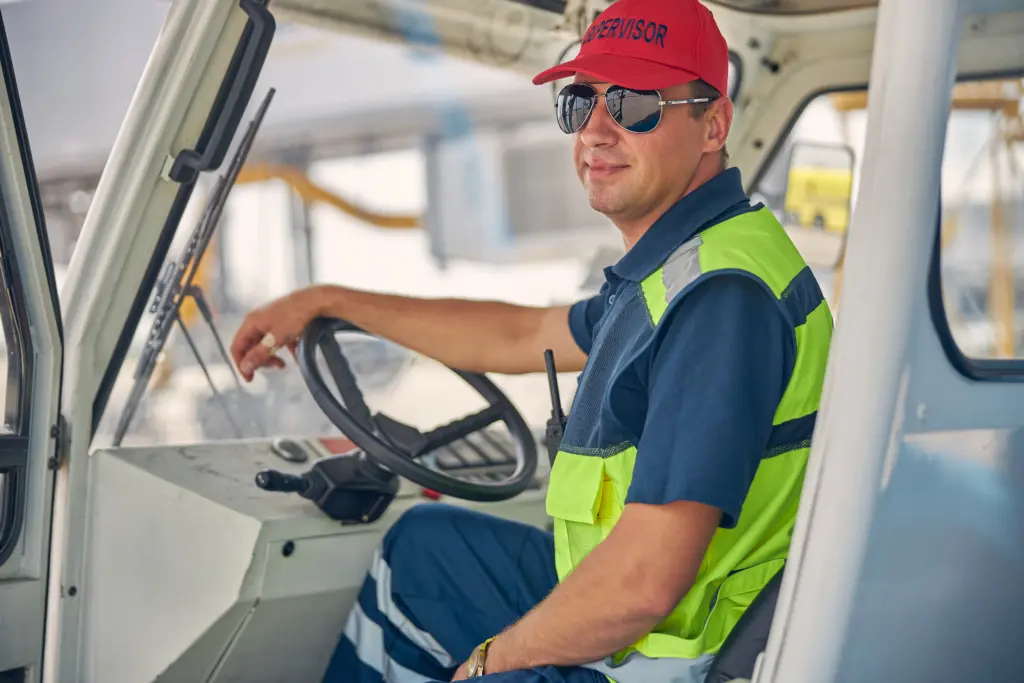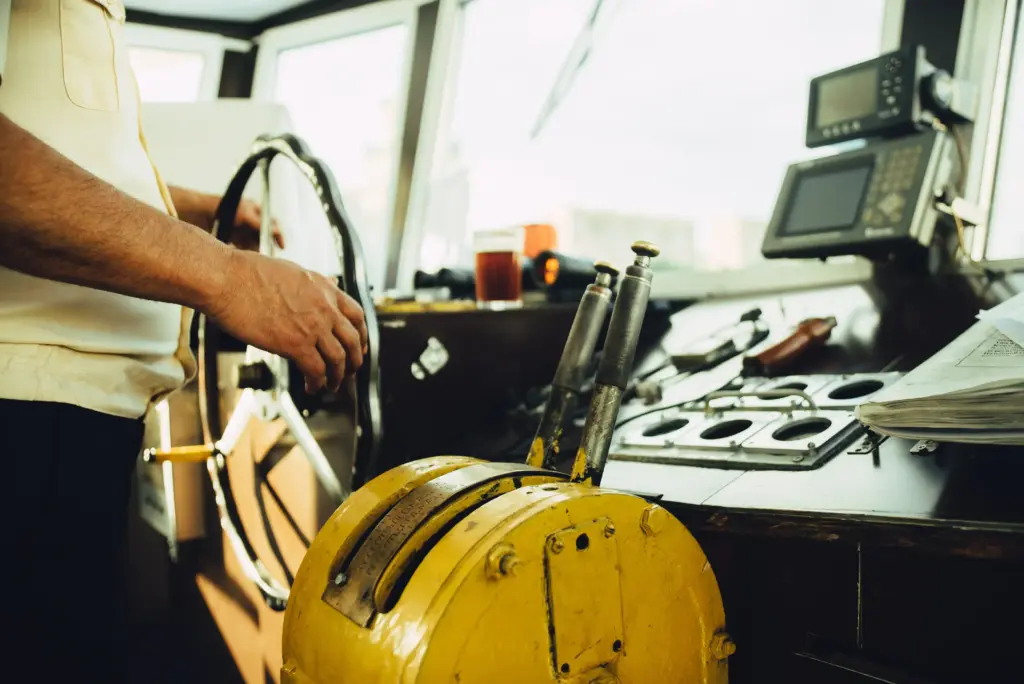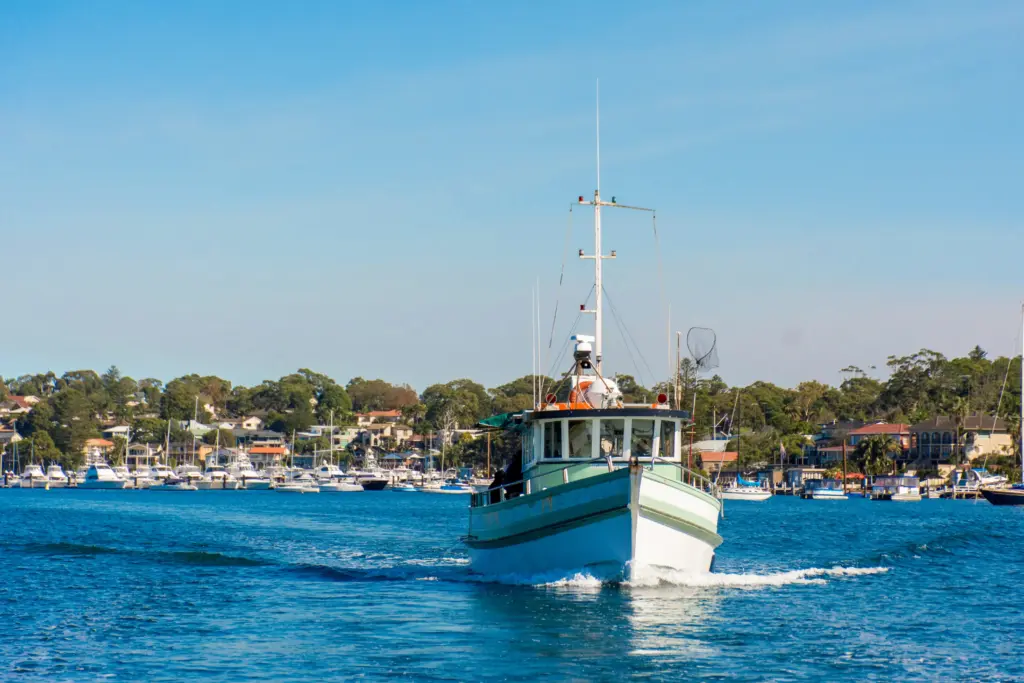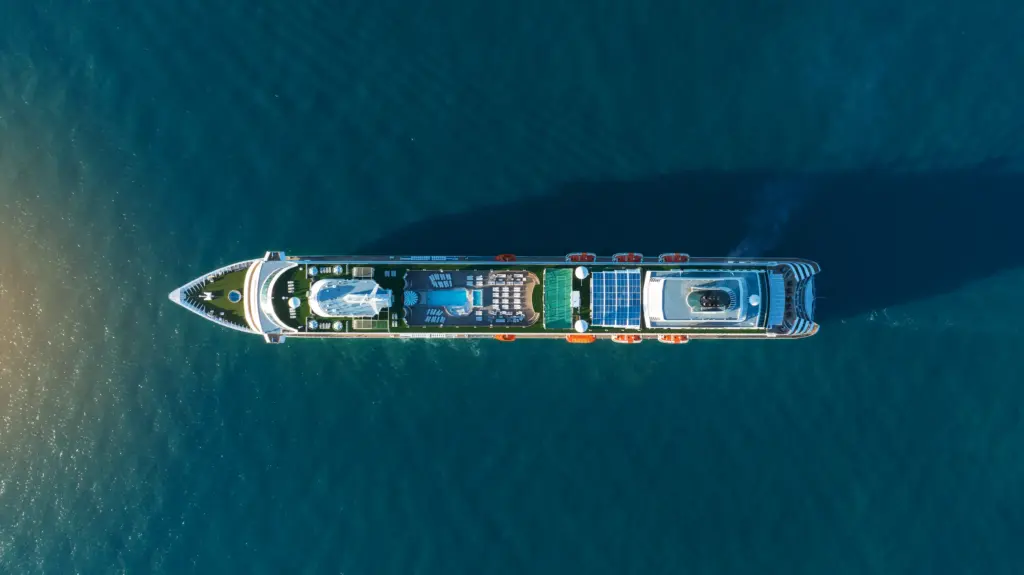Every responsible boater must know not just how to navigate but how to respond when someone is in trouble on the water. One of the most important questions in boating safety is, when is a boat operator required to assist? The short answer: whenever another vessel or person is in distress, and you can provide help without endangering your own crew or vessel. This obligation isn’t just moral, it’s embedded in maritime law and supported by the U.S. Coast Guard. Understanding this responsibility ensures safer waterways and helps boaters act decisively when emergencies arise.

The Legal Foundation for Assistance
Under both U.S. and international maritime law, the duty to render assistance is clear. The U.S. Code (Title 46, Section 2304) states that any vessel’s master or operator who can safely do so must provide help to individuals in danger at sea. This means that when asking when is a boat operator required to assist, the law already provides the answer: assistance is mandatory whenever possible without unreasonable risk. Ignoring this duty can lead to fines, penalties, and in extreme cases, criminal charges if negligence contributes to loss of life.
Situations That Require Assistance
Boat operators are required to assist in several types of emergencies: when another vessel has lost power, is sinking, on fire, or has injured persons onboard. The most common cases involve distress signals, visible damage, or radio requests for help. According to the U.S. Coast Guard Boating Safety Division, assistance also includes responding to persons overboard, stranded vessels, or debris that poses danger to navigation. Even small acts—such as relaying a distress call—can fulfill a captain’s duty.
When Assistance May Be Withheld
While assistance is a legal duty, operators are not expected to act recklessly. The law allows exceptions when helping would place your own passengers or vessel in unreasonable danger. For example, if a vessel is on fire and releasing toxic fumes, it may be safer to stay clear and alert authorities instead of approaching directly. The guiding principle is simple: do everything you can safely do. When is a boat operator required to assist? Whenever help can be rendered without putting your own crew at serious risk.

Good Samaritan Protection for Boaters
Many operators worry about liability when providing help, but federal maritime law includes Good Samaritan provisions. These laws protect rescuers who act in good faith from being held responsible for unintended damages during a rescue, provided their actions are reasonable. The goal is to encourage assistance, not deter it. This reassurance helps more boaters take action quickly instead of hesitating in fear of legal consequences.
Recognizing Distress Signals
To know when assistance is required, boaters must recognize distress signals. Flares, orange smoke, continuous horn blasts, or waving arms are traditional indicators of distress. VHF radio calls on Channel 16 beginning with “Mayday” or “Pan-Pan” also signify emergencies. The National Association of State Boating Law Administrators (NASBLA) recommends that all operators keep communication devices operational and monitor Channel 16 whenever underway. Recognizing these signs quickly ensures timely and lawful response.
Communication and Coordination During Rescue
When assistance is required, communication becomes the most critical tool. Establish contact with the distressed vessel, confirm their location, and assess the situation. If direct assistance isn’t possible, report the coordinates immediately to the Coast Guard or local marine authorities. Use calm, clear language and repeat key details. Operators who understand how to coordinate during emergencies not only fulfill their legal duty but may also save lives by bridging the gap between victims and professional rescuers.

Practical Steps for Safe Assistance
When determining how to help safely, follow a structured approach. First, slow your vessel and evaluate the sea state, wind direction, and proximity to hazards. Maintain a safe distance while assessing the other vessel’s condition. Offer life jackets or throw lines before attempting to tow. Always prioritize human safety over property. Understanding when is a boat operator required to assist also includes knowing how to assist correctly, avoiding collisions, entanglements, or capsizing while rendering aid.
Assisting With Medical Emergencies
Not all distress calls involve mechanical failures. Medical issues such as heat stroke, dehydration, or injuries are common on the water. In these cases, offering water, shade, and first aid supplies until professionals arrive can make a difference. Operators should maintain a stocked first aid kit and ensure someone onboard knows basic CPR. The Coast Guard recommends logging all actions taken during medical assistance for reference and accountability.

Ethical Responsibility on the Water
Boating culture values community. Even in the absence of direct distress signals, it is good seamanship to check on vessels drifting or operating erratically. Rendering aid reflects not just compliance but compassion. When is a boat operator required to assist becomes less a question of law and more one of shared humanity, helping others as you would hope to be helped. This culture of cooperation strengthens safety across all waterways.
Financial and Insurance Considerations
Assistance often involves time and sometimes minor fuel or repair costs. While most recreational boaters provide help freely, commercial operators and marinas may track rescue actions for insurance or reimbursement purposes. Maintaining documentation of any incident, including photographs and a written account, is good practice. For vessel owners financing through boat loan pre-approval or boat refinancing, understanding liability coverage is part of responsible ownership and can ensure that assisting others never becomes a financial burden.

Training and Preparedness
Formal safety training programs teach more than navigation, they emphasize rescue procedures. Courses approved by the U.S. Coast Guard and NASBLA prepare operators for real-world emergencies, from towing techniques to first aid at sea. Taking such courses not only builds confidence but ensures compliance with federal expectations for boaters. Preparedness turns legal obligation into second nature, so assistance can be offered swiftly and safely when needed.
Conclusion
So, when is a boat operator required to assist? The law requires every capable mariner to help those in distress whenever it can be done safely. Beyond the regulations, this duty reflects the shared respect among all who navigate open water. Whether lending a towline or relaying a radio call, these actions maintain trust and safety across waterways. Just as financial responsibility supports ownership, moral responsibility sustains the boating community. With proper planning and the right support from Float Finance, boaters can manage both their vessels and their duties with confidence.
